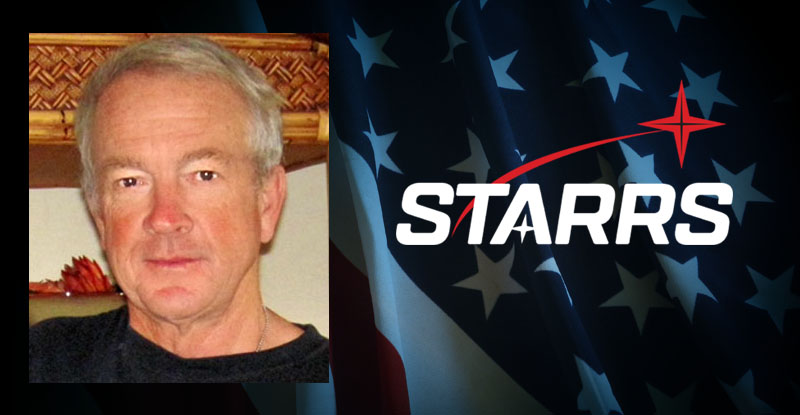Background: Born Lincoln, IL, moved with parents to Littleton, CO in 1959. Attended junior high and high school at Littleton graduating in 1964 and Western State College in 1968.
Army: Draft caused MG Arbuckle to enter the Army as a private in 1969. Went through combat engineer training and Engineer Officer Candidate School. In 1972, he deployed to Viet Nam as an infantry 1Lt, serving as an infantry advisor with the South Vietnamese Army. Thereafter, he attended ordnance missile system training and spent most of his career in the missile field. During his later career years, he focused on national level strategy and top level logistics. Gen Arbuckle commanded units in CONUS and overseas at every rank from Lieutenant to Major General. He stayed in the Army ~32 years because he liked the challenges, excitement, variety of jobs, high levels of responsibility and most of all—soldiers.
Awards and Decorations highlights: Defense Distinguished Service Medal, Bronze Star for Valor with 2 oak leave clusters, 6 Legions of Merit, 2 Vietnamese Crosses of Gallantry with Silver Star, Combat Infantryman’s Badge, Army Parachutist Badge, etc
Member of the Army Officer Candidate Hall of Fame, Engineer Ordnance, and Army Materiel Command Halls of Fame
Education: BA from Western State Colo University; MS from the U. of Southern California; The Command and General Staff College and the Army War College
Family: Married 53 years, two adult children, 3 grandchildren

